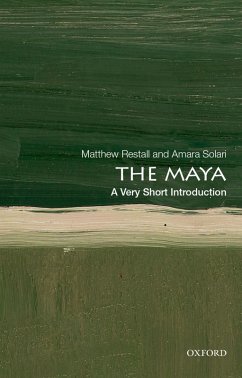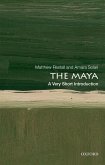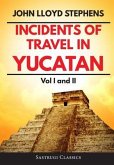The Maya forged one of the greatest societies in the history of the ancient Americas ? and in all of human history. Long before contact with Europeans, Maya communities built spectacular cities with large, well-fed large populations. They mastered the visual arts, and developed a sophisticated writing system that recorded extraordinary knowledge in calendrics, mathematics, and astronomy. The Maya achieved all this without area-wide centralized control. There was never a single, unified Maya state or empire, but always numerous, evolving ethnic groups speaking dozens of distinct Mayan languages. The people we call "Maya" never thought of themselves as such; yet something definable, unique, and endlessly fascinating - what we call Maya culture - has clearly existed for millennia. So what was their self-identity and how did Maya civilization come to be "invented?" With the Maya historically subdivided and misunderstood in so many ways, the pursuit of what made them "the Maya" is all the more important. In this
Very Short Introduction, Restall and Solari explore the themes of Maya identity, city-state political culture, art and architecture, the Maya concept of the cosmos, and the Maya experience of contact with ? including invasion by ? outsiders. Despite its brevity, this book is unique for its treatment of all periods of Maya civilization, from its origins to the present.
Dieser Download kann aus rechtlichen Gründen nur mit Rechnungsadresse in A, B, BG, CY, CZ, D, DK, EW, E, FIN, F, GR, HR, H, IRL, I, LT, L, LR, M, NL, PL, P, R, S, SLO, SK ausgeliefert werden.









